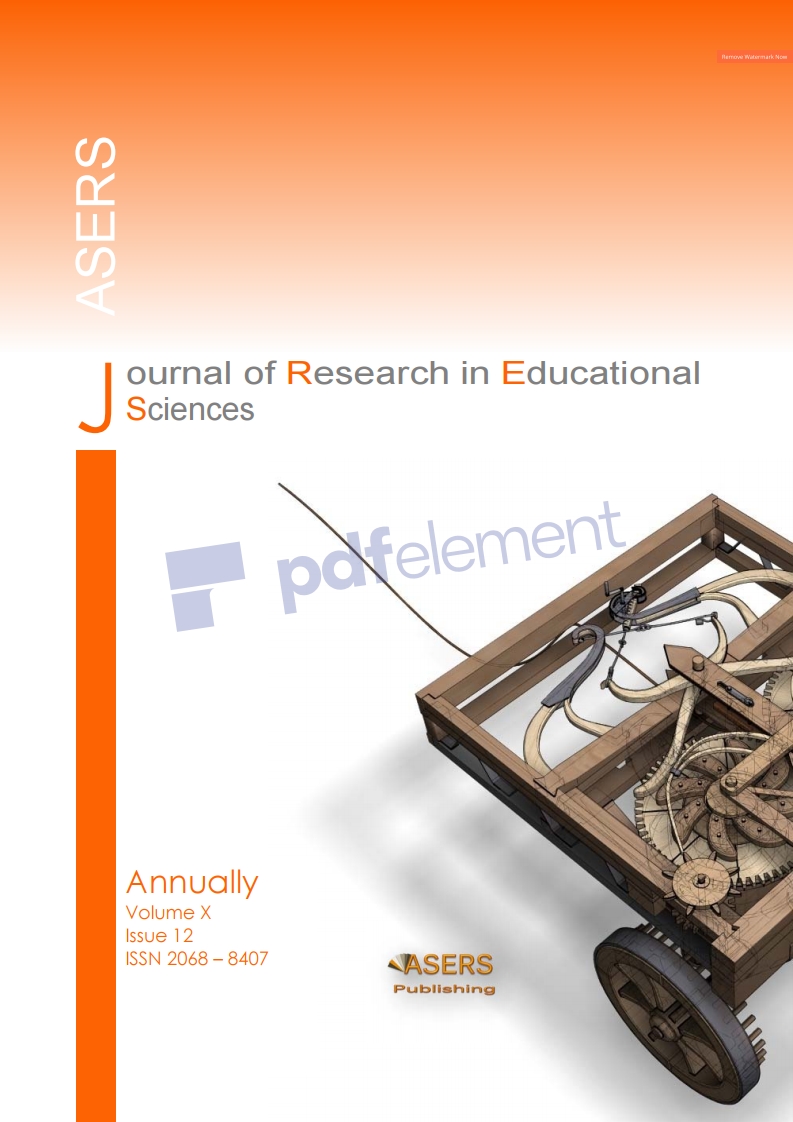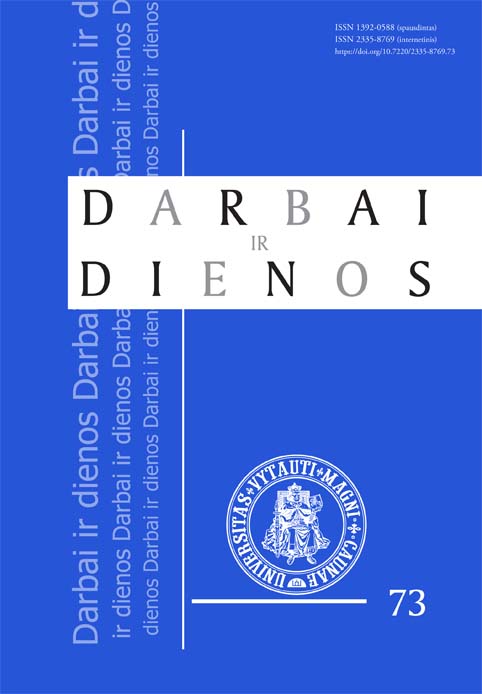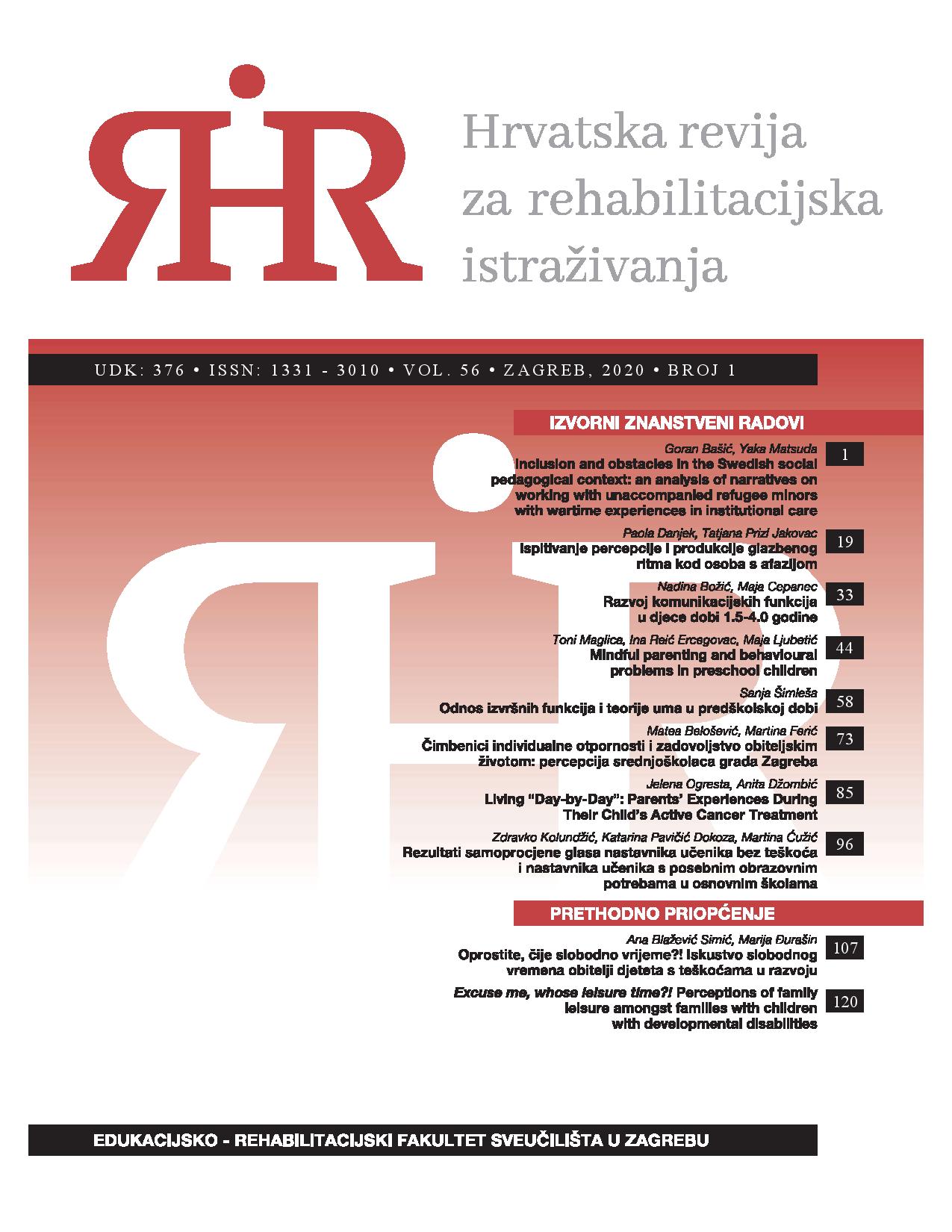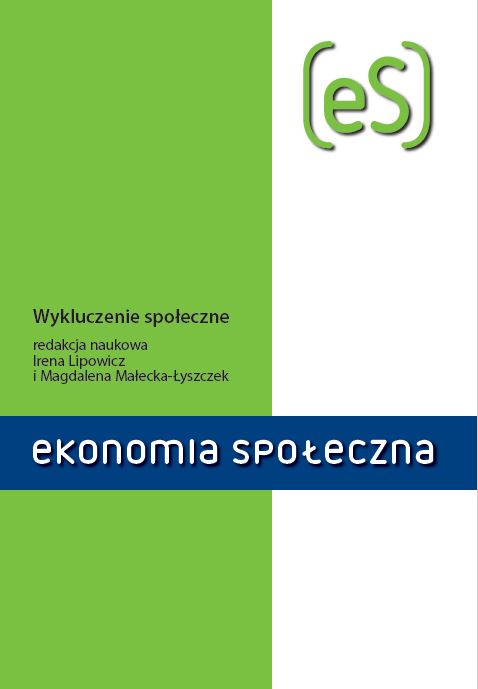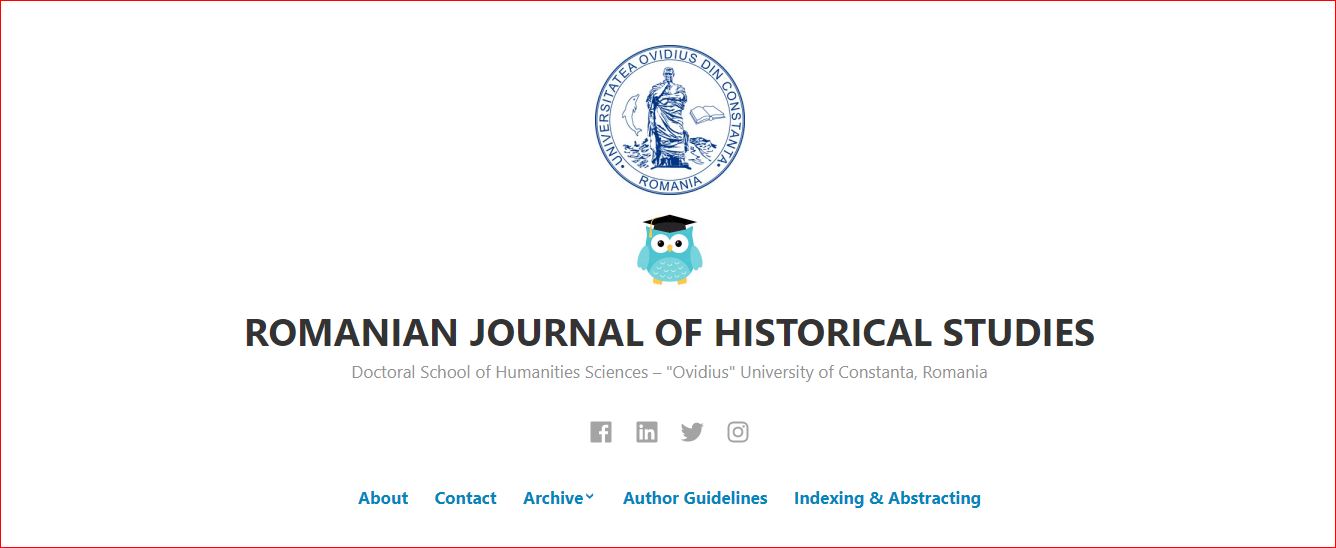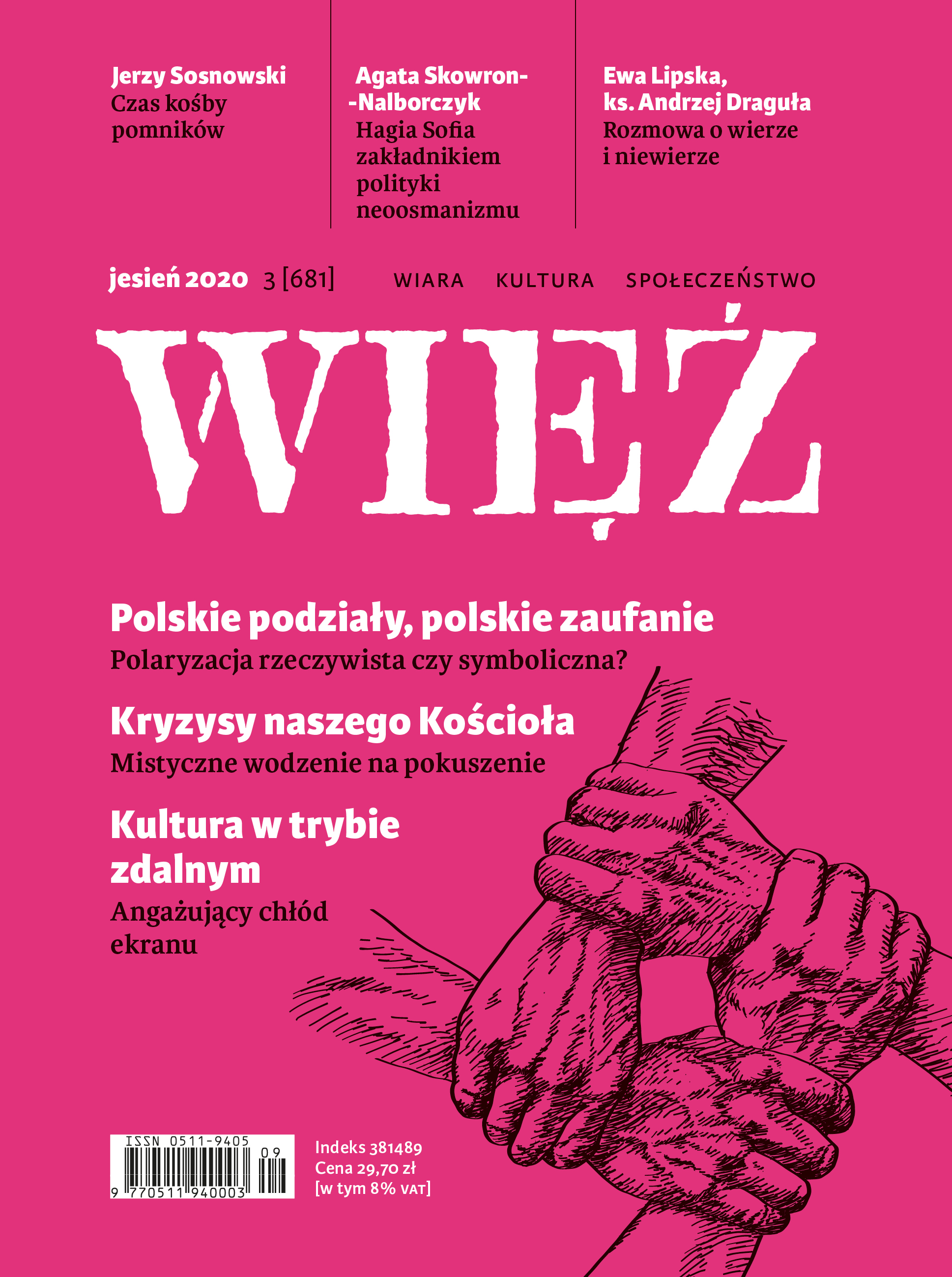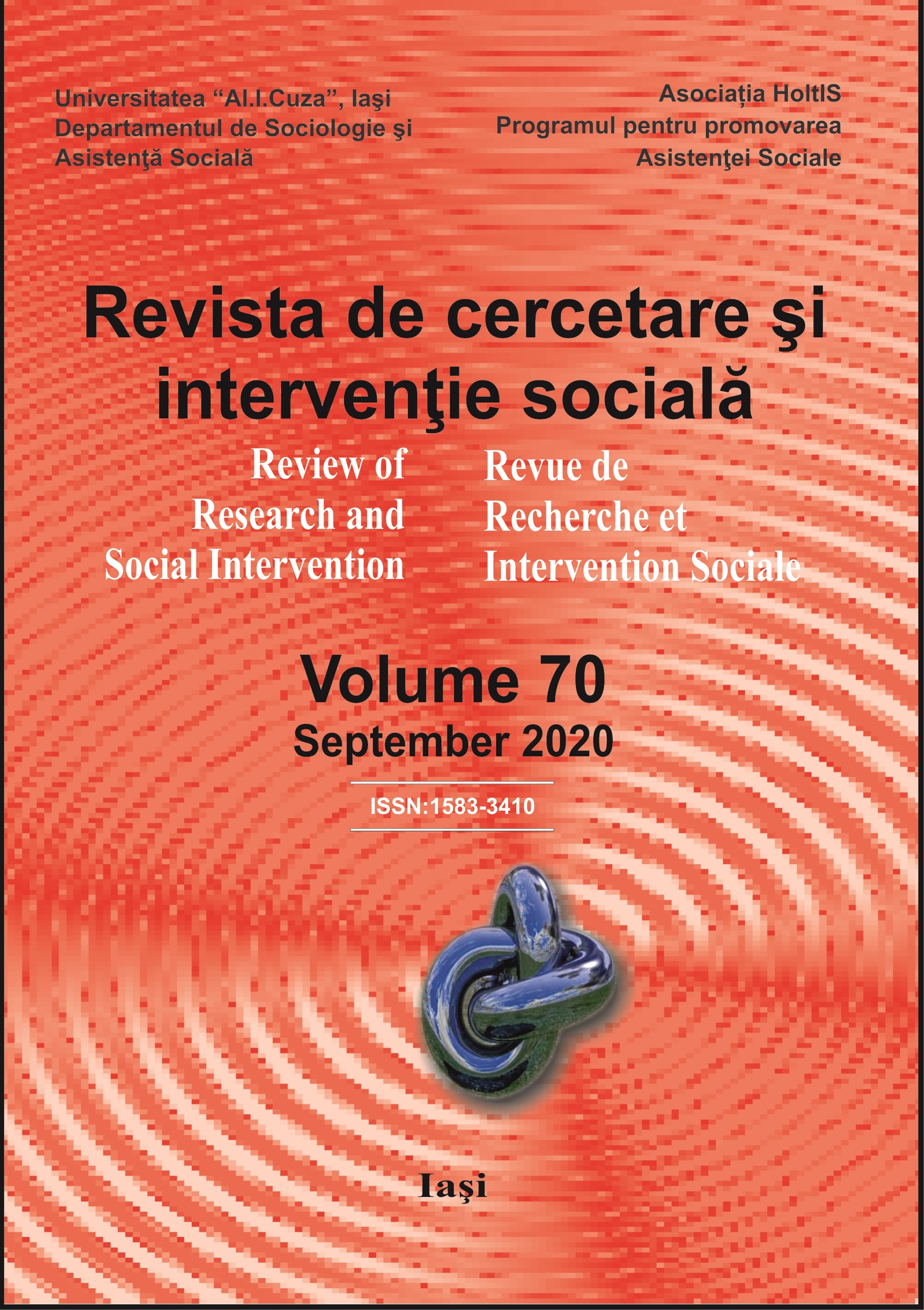Author(s): Zoltán Egri / Language(s): Hungarian
Issue: 04/2020
The dissertation aims to point out the territorial and spatial correlations of the income inequality of one of Hungary's peripheral counties (Békés), which is peripheral in socio-economic terms, too. The aims of the research include the examination of income inequalities by settlement structure (by population size), the drawing up of a longterm inequality pathway, the analysis of the income mobility and spatial similarity of settlements, and the temporal change of the income position of settlements. In the first part of the study, the author points out the historical context of peripheralization, highlighting the main effects of the Treaty of Trianon and the socialist economic policy. Analysis methods include one-dimensional territorial inequality indices (such as weighted relative standard deviation), exploratory spatial data analysis (spatial autocorrelation and regressions), and the Markov-chain method. According to the results, today Békés county still does not reach the relative income position of 1988, as do half of the settlement categories. The long-run inequality path is clearly related to the Williamson hypothesis and Richardson's polarization reversal hypothesis. It is important to emphasize that income convergence is due not only to the differentiated catching up of the settlement network, but also to the downward levelling of the major county centres (Békéscsaba, Gyula). Small centres with a population of 5,000-9,999 appear as a special territorial feature of catching up, with an average income position above that of major district centres. According to the Markov-chain model, the income mobility of the settlements was high during the examined period, and in some sub-periods very intensive processes were observed. Between 1988 and 2017 there was a marked spatial polarization (based on neighbourhood relations) in Békés county, which is significantly related to the regional income inequality. These characteristics do not always move together, two different patterns are observed during the period under study. Models explaining the temporal differentiation of the income situation of settlements point to the role of traditional territorial income inequality factors (for example, settlement size, centre-periphery relations, path dependence, etc.), but many historical features also appear as background factors.
More...
